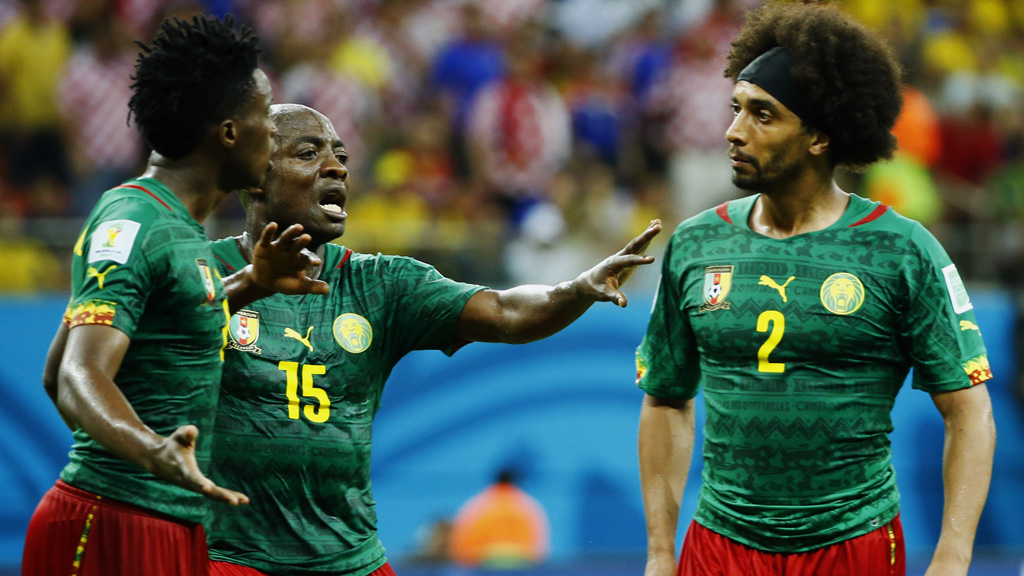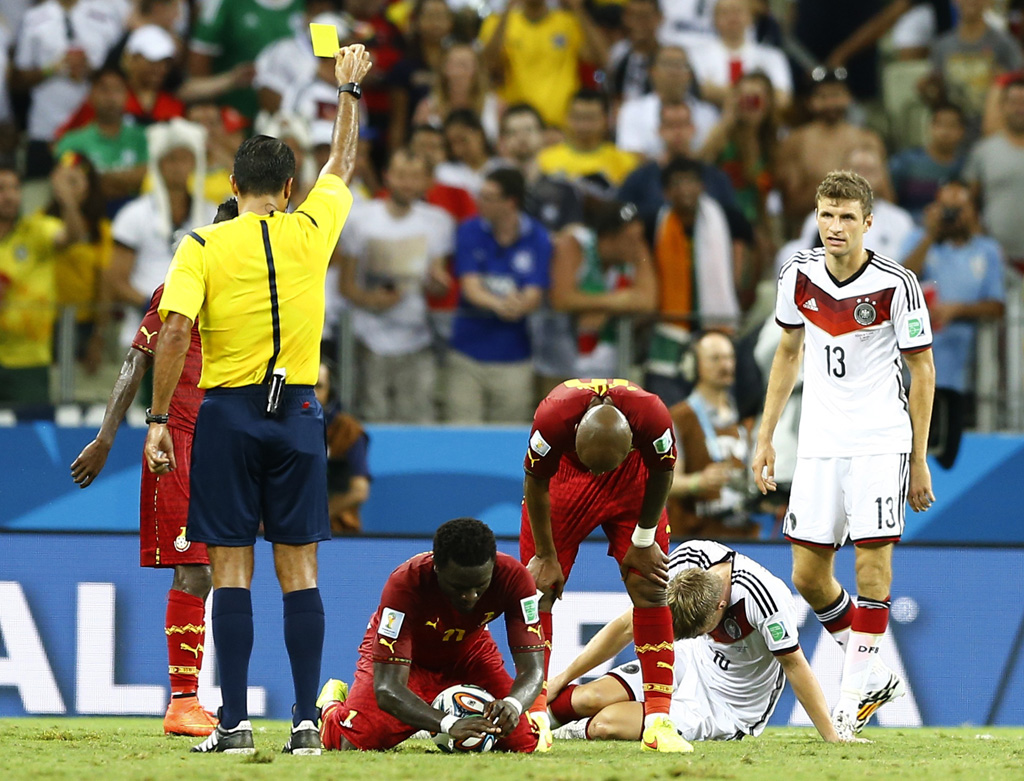Cameroon to probe World Cup match-fixing claims
Cameroon faces allegations that seven of the country’s players were involved in match-fixing at the 2014 World Cup in Brazil.

A statement from Joseph Owona, president of the Cameroon Football Federation’s normalisation committee, said its ethics committee had been instructed to investigate the claims. Cameroon lost all three group A matches, including a 4-0 defeat by Croatia.
Earlier, the presidents of Cameroon and Ghana had ordered official enquiries into the performances of their respective teams at the World Cup, where their campaigns were overshadowed by controversy over money and discipline.
Cameroon President Paul Biya asked his government to submit a report within one month into “the causes of the inglorious campaign of our Indomitable Lions at the 2014 World Cup”.
The Cameroon and Ghana squads were embroiled in strikes over money, in actions Fifa said must never happen again.
Bonus row
Cameroon players delayed the departure of their expensively hired charter jet to Brazil by almost 24 hours as they squeezed more money out of their federation, while Ghana’s government flew some $3m in cash to Brazil to appease their striking players.
Ghana’s players departed the World Cup finals £1.7m richer after receiving the appearance money that they claimed they were owed, but with their reputations severely damaged.

Ghana’s players refused to train because they had not been paid their appearance money for taking part in the World Cup. A furious row also broke out between manager James Appiah and utility player Kevin-Prince Boateng.
Midfielder Sulley Muntari was also accuded of “an unprovoked physical attack” on Moses Armah, one of the Ghana squad members, during a meeting. Muntari and Boateng were both suspended and sent home.
‘Player power’
Writing on the Al Jazeera website, sportswriter Musa Okwonga said: “If we look at the disputes in question, we notice common elements: that player power has apparently been rallied by footballers plying their trades in Europe.
“There is nothing like moving to one of the continent’s top teams to make an African footballer supremely aware of his market value, and this may explain some of their hard-nosed approach to negotiation. From the players’ perspective, Ghana and Cameroon are making a great deal out of them, in terms of both money and prestige, and they deserve an ample piece of that pie – even if that stance threatens their participation at major sporting events.”
In June the Ghana Football Association also called in police after undercover investigation by the Telegraph and Channel 4’s Dispatches programme found that Kwesi Nyantakyi, the president of Ghana’s FA, agreed for the team to play in international matches that others were prepared to rig.
Mr Nyantakyi has strongly rejected the claims, saying: “I have not agreed to any match-fixing deal involving the GFA.
“I was given a draft contract which I indicated to their agent that I hadn’t read, and I also had some issues with it, and so it will be premature for anybody to say the GFA is at fault.”
The Telegraph and Dispatches launched a six-month investigation into match-fixing after receiving information that some football associations were working with criminal gangs looking to fix scores in international games.